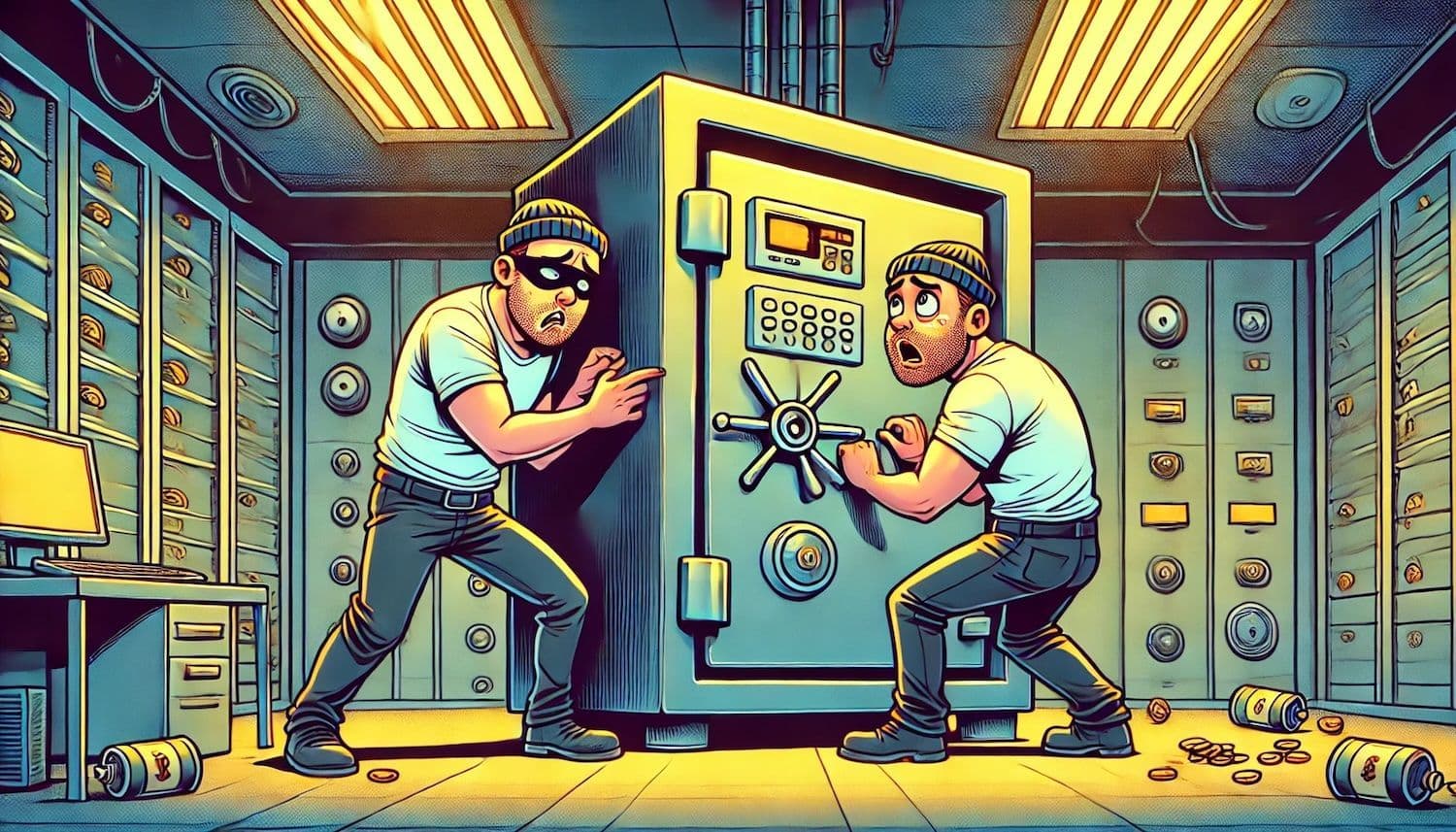The Cardano blockchain successfully defended against a distributed denial of service (DDoS) attack on Tuesday. The network's robust mechanisms ensured continued stability and operation. All the operations, transactions and holdings are perfectly safe.
The attack began on block 10,487,530. Then each malicious transaction executed 194 smart contracts of the REWARD type. And they spent 0.9 ADA per transaction.
"They can send large transactions while spending the least possible amount," ElRaulito_cnft, CTO at Fluid Token, said.
Philip Disarro, founder of Cardano development firm Anastasia, played a key role in neutralizing the threat. His public response on X appeared to halt the attacker's activities.
Disarro stated, "DDOSer halted his attack after reading my tweet in an effort to protect his funds. Alas, they were too late and the pillaging of their funds is already in progress."
He added, "Thanks for the free money moron. Truly iconic that the attacker who presumably wanted to damage the ecosystem actually ended up donating to the open-source smart contract development work we do at Anastasia Labs & funding Midgard."
The Cardano community monitored the situation closely. Big Pey, a prominent content creator, reassured the community via X.
"Someone tried to DDOS Cardano today. Barely anything happened, and the network didn't crash. ADA is resilient," he said.
Jason Matias, founder of The Art of Selling Art, described the attack's visual impact. "This is what the DDoS attack on Cardano looks like right now. The grey gear icons are the spam transactions that someone is sending, creating larger, more difficult to process blocks," he noted.
Cardano's extended Unspent Transaction Output (eUTxO) model was crucial in mitigating the attack's impact. Thanks to this model, that differs from account-based models used by other major blockchains, there is a possibility for independent processing of each transaction output.
This architectural choice enhances scalability and security. It prevents transactions from interfering with each other, isolating potential issues. The network maintained high throughput and reliability under duress.
Following the attack, the ADA price remained unaffected. It rose 5% in 24 hours, trading at $0.39.

